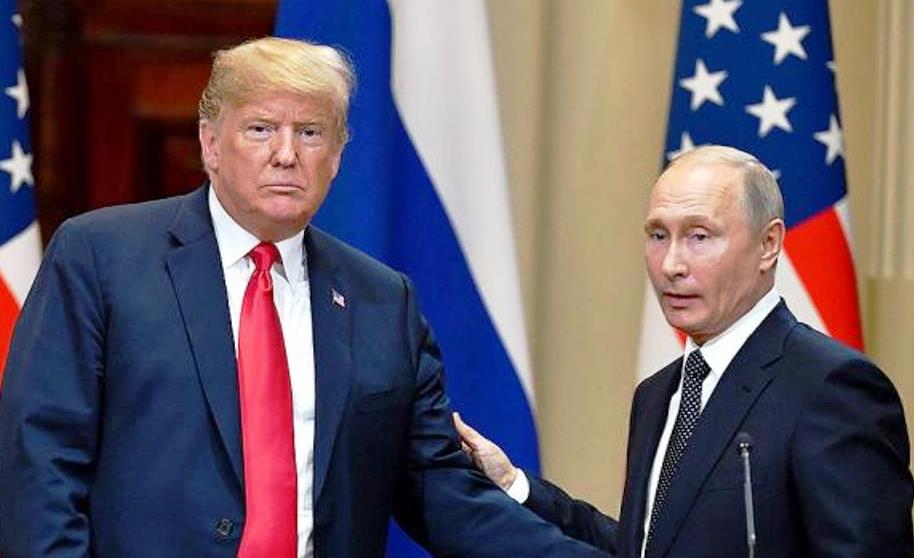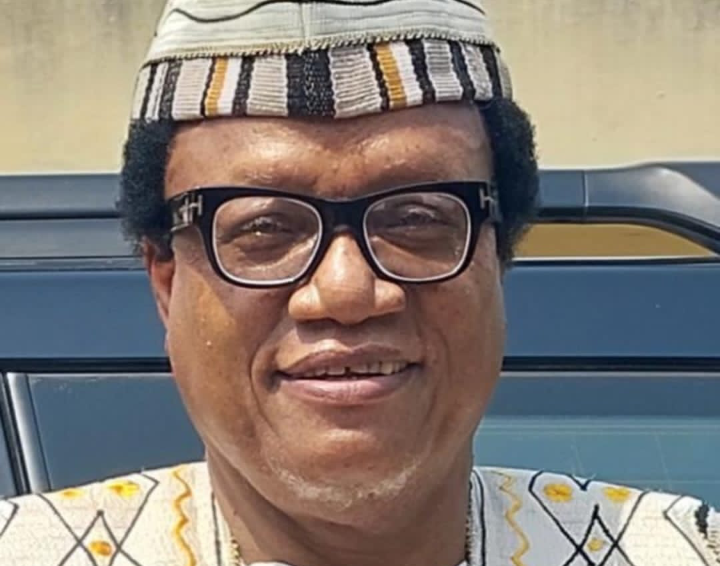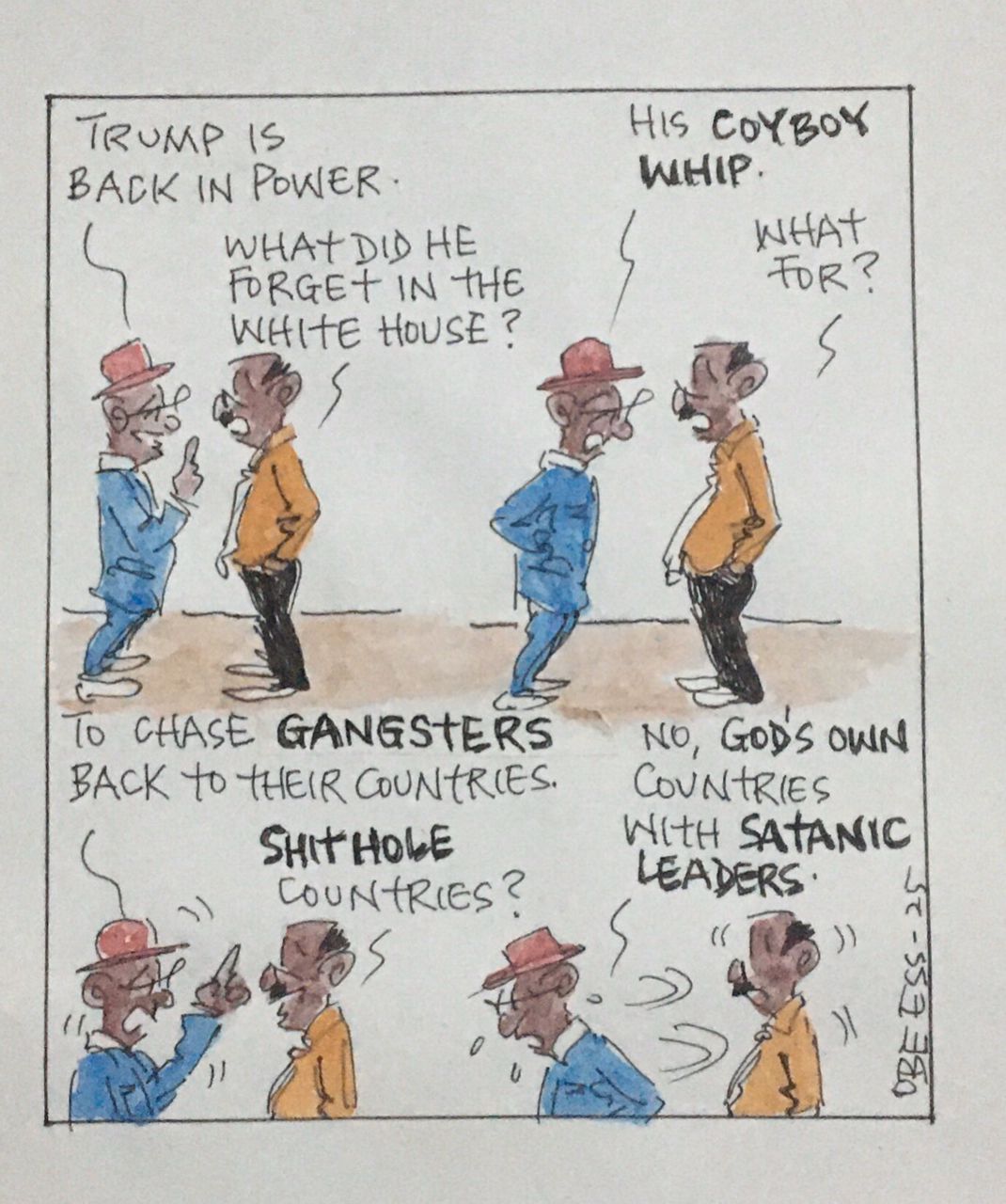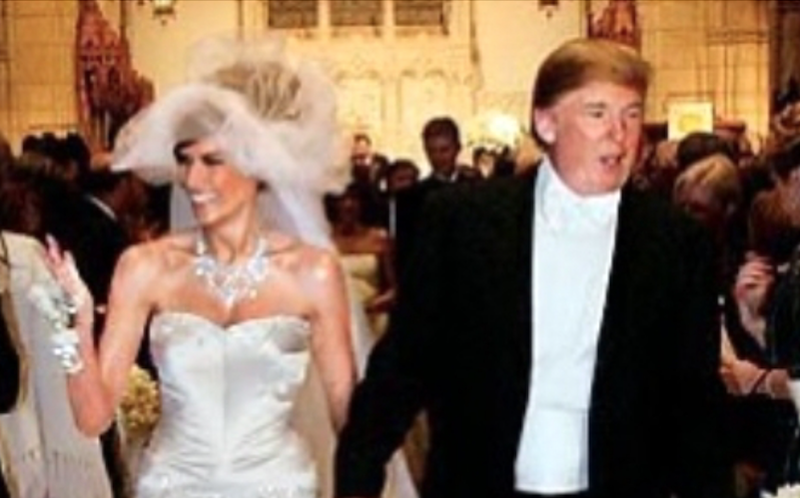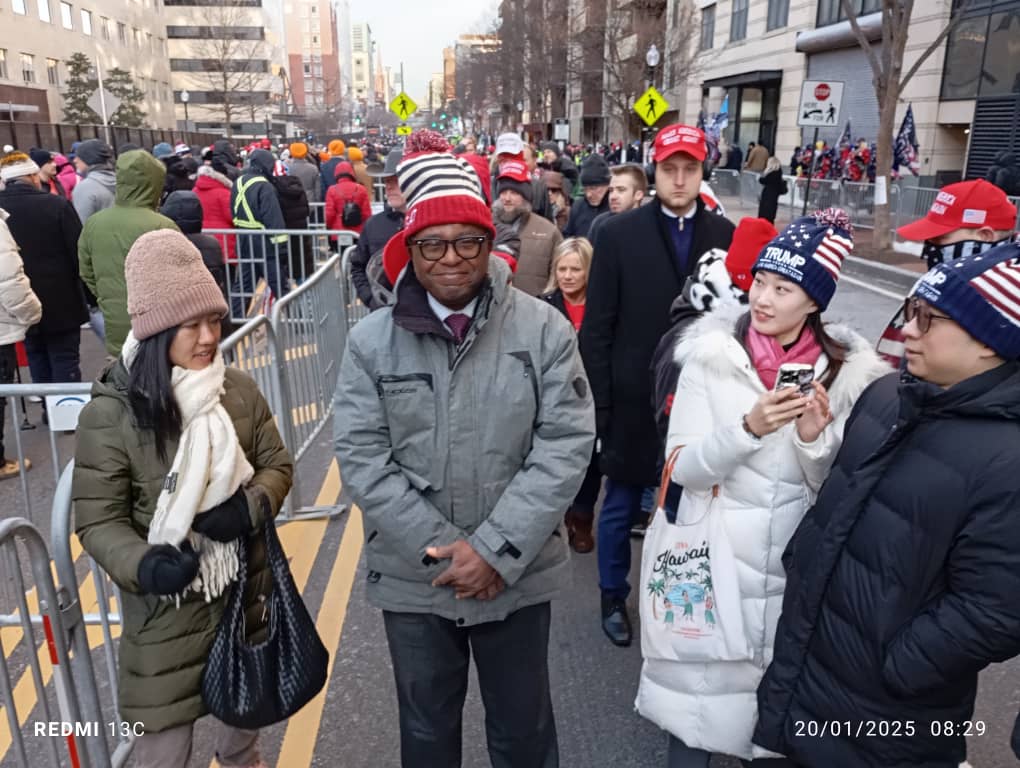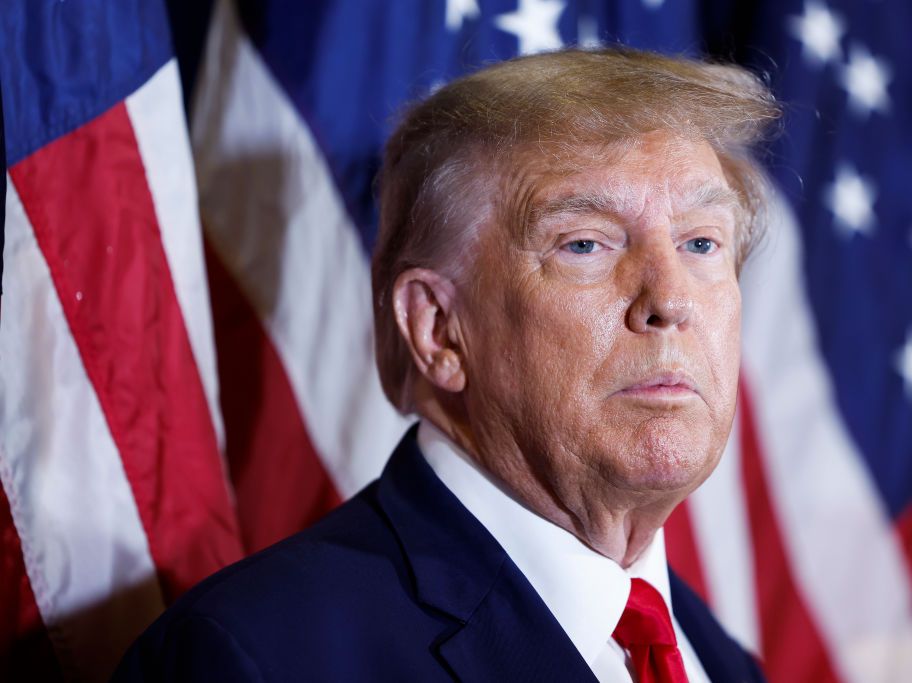Donald Trump staged a dramatic and triumphant comeback to the prestigious and powerful office of the White House on January 20, Martin Luther King Day, as the 47th President of the United States. The epochal global presidential inauguration was marked as the 60th inauguration in American political history. This event was unprecedented, as it marked the first time foreign heads of state or government attended a U.S. presidential swearing-in ceremony.
The inauguration was graced by foreign dignitaries, members of the diplomatic corps, crème de la crème of the global elite, and powerful world leaders such as President Javier Milei of Argentina, Italian Prime Minister Giorgia Meloni, and China’s Vice President Han Zheng, representing President Xi Jinping. However, Israeli Prime Minister Benjamin Netanyahu was conspicuously absent, likely due to surgery he underwent earlier in the month. Notable attendees also included tech moguls Elon Musk, Amazon founder Jeff Bezos and his fiancée Lauren Sánchez, and Mark Zuckerberg with his wife, Priscilla Chan. For reasons that appeared obvious, Bill and Melinda Gates were notably absent.
As early as 5:30 a.m., I left the house where I was staying, located at Wyoming Avenue NW, Washington, D.C. 20008, to trudge through the snow-covered streets to Capitol Hill to attend and cover the inauguration. It had snowed the previous night, leaving roads and vehicles blanketed with layers upon layers of snow. Furthermore, Washington, D.C., was reportedly experiencing its coldest weather in three years.
Despite wearing a coat designed for American winter, I was chilled to the bone. Imagine a Nigerian walking atop snow! I almost started saying my last prayers as I felt death staring me in the face. At one point, I considered returning to the house, but the thought of retracing my steps seemed as daunting as continuing the arduous journey forward.
Luckily for me, I managed to reach the Metro station, completely frozen. My hands and head were numb and felt paralyzed. Upon entering the station, I saw a middle-aged American walking toward me. I stopped and asked him for directions to Capitol Hill. Smiling at me, he said, “You must be very cold.”
“Yes,” I answered.
“Where do you come from?” he asked, a hint of suspicion on his face.
“I am from Nigeria,” I replied.
“From what part of Nigeria?” he queried further.
“I come from the southeast of Nigeria,” I responded. His face immediately lit up.
“Are you Igbo?” he asked quickly.
I answered affirmatively. He extended his right hand, shook mine firmly, and asked, “I hope I am safe if I reveal something to you?”
“Why not? You are perfectly safe,” I assured him.
Without hesitation, he stepped aside, reached into a small bag he was carrying, and pulled out a miniature Biafran flag, showing it to me with pride. I was stunned to my core. I stared at him, unsure whether to applaud him or react angrily.
In any case, I decided to remain calm. After all, I needed his help to find my way to Capitol Hill. He graciously assisted, leading me across to the other side of the Metro line. Together, we boarded a train to Union Station. When we disembarked, he gave me detailed directions on how to walk to Capitol Hill. I thanked him profusely for his help and bid him farewell.
Upon arriving at Capitol Hill, I was greeted by a multitude of people, too many to count. Men, women, young and old, short and tall—all adorned in colorful T-shirts, face caps, and weather hats with inscriptions like:
“Donald Trump’s Inauguration, January 20, 2025”
“The Return of President Trump”
“Make America Great Again”
We walked silently, peacefully, and joyously, lined up in single file for nearly two and a half hours along the esplanade, all hoping to secure a good vantage point to witness the inauguration. Occasionally, the silence was broken by spontaneous, thunderous chants of “U.S.A.! U.S.A.!”
Walking beside me was a beautiful young Black lady. Upon learning I was Nigerian, she introduced herself as Chinyere from Imo State, Nigeria. Beside her was a prosperous-looking young American man, whom she introduced as her brother-in-law. She cheerfully explained that her younger sister was married to him.
In front of me walked an elderly man, who I guessed to be in his 80s. After walking for nearly two and a half hours, he became visibly tired and struggled to catch his breath. At one point, he could barely walk. I feared he might collapse. A lady, whom I presumed to be his daughter, supported him with her elbow. Eventually, she was almost dragging him along the esplanade.
I could sense that the old man had resolved to attend the inauguration no matter the cost—dead or alive.
Due to dangerous cold and high winds (and, in my view, for security reasons), the inauguration, initially scheduled to take place in the open air of the National Mall, was moved indoors to the U.S. Capitol Rotunda in Washington, D.C., which can only accommodate about 700 attendees. This marked the first time since Ronald Reagan’s 1985 inauguration that a U.S. presidential swearing-in ceremony was held indoors.
To accommodate the surge of attendees and supporters, the Capital One Arena in downtown Washington, D.C., hosted a live viewing of the swearing-in ceremony and the presidential parade. Numerous streets leading to the inauguration area were blocked off to vehicular access, ostensibly to enhance security. The Metro Center entrances at 13th and G Street NW and 12th and F Street NW were completely closed to both motorists and pedestrians. The United States Secret Service was omnipresent, screening all guests entering the National Mall. Items deemed potential security risks, such as alcoholic beverages, balloons, firearms, explosives of any kind, chairs, balls, banners, signs, placards, and umbrellas, were strictly prohibited.
The Secret Service also imposed rigorous security checks and surveillance at the gates. No one was allowed to enter with a large bag. Those who brought bags had to leave them outside the gates, resulting in mountains of abandoned bags at the entrances. Interestingly, after the swearing-in ceremony, the owners of these bags did not return to claim them.
The inaugural program began with a church service at St. John’s Church, Lafayette Square, followed by tea at the White House. After the swearing-in ceremony, President Trump addressed his teeming supporters who had gathered at the Capital One Arena to hear him speak.
Interestingly, nearly all the open drinking bars, coffee shops, and restaurants around 13th and G Street NW, 12th and F Street NW, and the Capital One Arena were bustling with inauguration attendees who were partying, eating, and drinking.
In keeping with his campaign promises, President Trump had, at the time of this writing, signed 42 executive orders, including:
Reinstating service members dismissed for refusing the COVID-19 vaccine: This order reinstates military personnel discharged for vaccine refusal and provides them with back pay.
Declaring a national emergency at the U.S.-Mexico border: This declaration aims to address illegal immigration and criminal activities by directing the military to be deployed to the border.
Withdrawing the U.S. from the World Health Organization (WHO) and the Paris Climate Agreement: President Trump criticized the WHO for promoting an ideology that he argued undermines life, health, and family values.
Halting federal Diversity, Equity, and Inclusion (DEI) programs.
Restricting federal recognition to two sexes, male and female: This order defines sex based on biological anatomy and halts federal recognition of gender identities beyond male and female.
Prohibiting transgender women from participating in women’s sports.
Halting federal funding for abortion services.
Declaring a national energy emergency.
Reinstating the “Remain in Mexico” policy.
You may recall that former President Joe Biden, in his first few hours in office, issued an executive order without congressional approval allowing male students in the United States who identify as female to compete in sports with female students, regardless of their biological sex. Transgenderism also influenced Biden’s foreign policy in Africa. Under the guise of “redefining all policies and regulations regarding discrimination based on sex to include ‘gender identity’ or ‘transgenderism,’” Biden implemented measures that made President Obama appear conservative by comparison.
It’s worth noting that, apart from the commonly discussed gender identities like transgender, New York City and other cities recognize over 112 additional gender identities. These include: Gender Neutral: Individuals who identify as neither male nor female.Aero Gender: Those who claim their gender fluctuates with their surroundings; .Gender Fluid or Gender Flux: Individuals whose gender identity is in a state of constant change.
Happily shortly after his inauguration, President Trump issued an Executive Order banning the above-mentioned social constructs, affirming that gender is biologically determined as either male or female. In contrast, during his administration, President Biden lifted the ban on using American taxpayers’ money to fund abortions in African countries, including Nigeria. During his first term as president, Donald Trump had stopped this funding, and he has now reinstated the ban through another Executive Order.
While President Trump is focused on making America great again, the repercussions of his actions may usher in a new international order aimed at restoring peace and unity in war-torn regions, such as the Middle East. Trump envisions establishing an international order where peace, justice, service, respect for human dignity, the intrinsic worth of every individual, and mutual understanding can thrive. Trump has proudly stated that his “proudest legacy will be that of a peacemaker and unifier.”
Signs of this paradigm shift are already evident. Both the Biden group and the Trump group are claiming credit for the recent agreement on an imminent ceasefire in Gaza. However, many believe President Trump has been instrumental in pushing for the ceasefire and in facilitating the recent hostage deal. Similarly, the end of the Russia-Ukraine war seems within reach, with President Trump vowing to broker a peace deal in the conflict. Russian President Vladimir Putin has expressed openness to holding talks with Trump to bring an end to the war.
As President Trump inaugurates America’s “Golden Age,” his priority during his first 100 days in office, in my view, should be the restoration of fundamental principles—the truth claims, practical wisdom, and constitutional insights of America’s founding fathers. These principles serve as the bulwark of American democracy and, given America’s global influence, as the superstructure of democracies worldwide.
